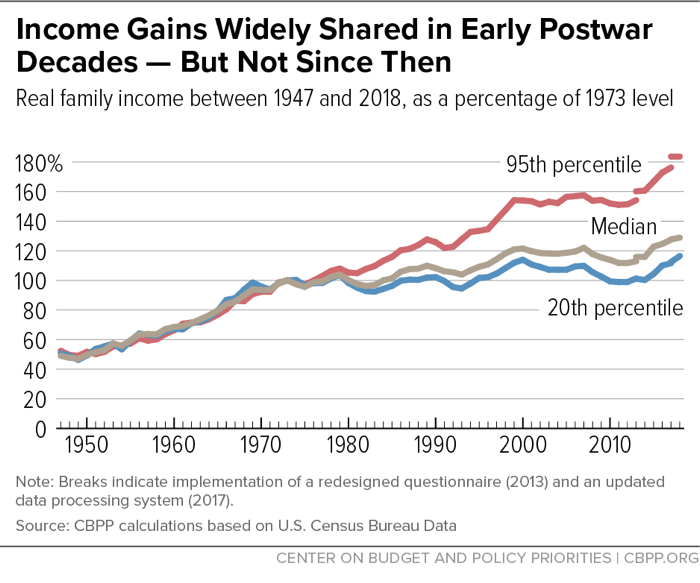- Joined
- Oct 30, 2021
- Messages
- 22,473
- Reaction score
- 21,487
- Location
- DCA
- Gender
- Undisclosed
- Political Leaning
- Undisclosed
All I'm saying is that wealth disparity is already in the hands of employees should they chose to do something about it.
Absolutely not true.
All they have to do is walk out. It's supply and demand. Even for the CEO.
Until the bill collectors and lawyers call.

